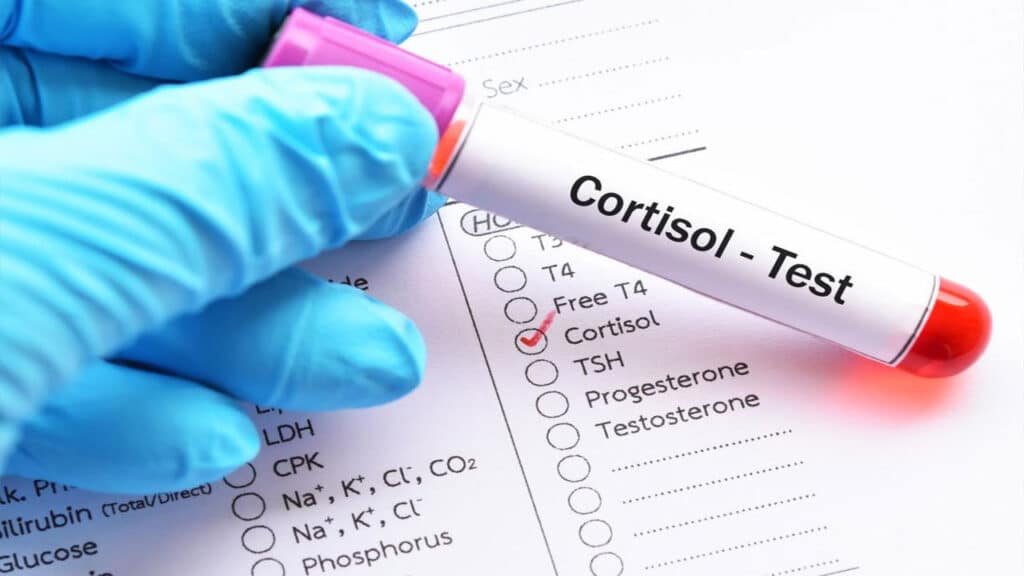There are times when it’s particularly important to have plenty of energy. In an emergency, when your fight or flight response is kicking in, that’s the time when an energy boost could be the thing that saves your life.
That’s when your stress hormones, cortisol and adrenaline/epinephrine, come into play. These little chemical messengers, released by the glands just above the kidneys, tell your body it’s time to go into emergency mode. Cortisol orders the release of the glucose that’ll give you that necessary energy spike.
You might think that insulin is the hormone in charge of blood sugar, and that’s mostly true. There’s an interesting relationship between insulin and cortisol, though. Insulin lowers blood sugar, but cortisol can raise it, meaning the two hormones help counterbalance each other.
When cortisol thinks you need an emergency energy boost, it tells your liver. The glucose stored in your fat for just this kind of occasion is released. That’s what gives you the energy surge to run away or to hit back, depending on the actual danger you’re facing. It doesn’t even have to be a danger; it could just be that you’re exercising particularly hard.
This links to a larger part of cortisol’s role, which is helping regulate your metabolism. Fats, carbohydrates and proteins can all be used for energy, and cortisol suggests to the body when and how to do this.
When protein (and to a lesser extent, fat) are turned into energy, it’s through a process called gluconeogenesis. Specifically, it’s the amino acids in the protein that are turned into glucose. One set of hormones involved in this glucose metabolism are glucocorticoids, which include cortisol. The name’s a bit of a giveaway.
Obviously, cortisol alone doesn’t singlehandedly control any of the body’s systems, but the importance of its role shouldn’t be understated. The full list of jobs for cortisol is impressively long, including sleeping, regulating blood pressure and reducing inflammation.
If your cortisol levels are chronically too high, you may end up with elevated blood sugar in the long term, which can contribute to type 2 diabetes. If it’s too low, one of the symptoms is fatigue. There are medical conditions that can interfere with your cortisol, but for most people, things like getting enough exercise and enough sleep should help maintain them at a healthy level.




